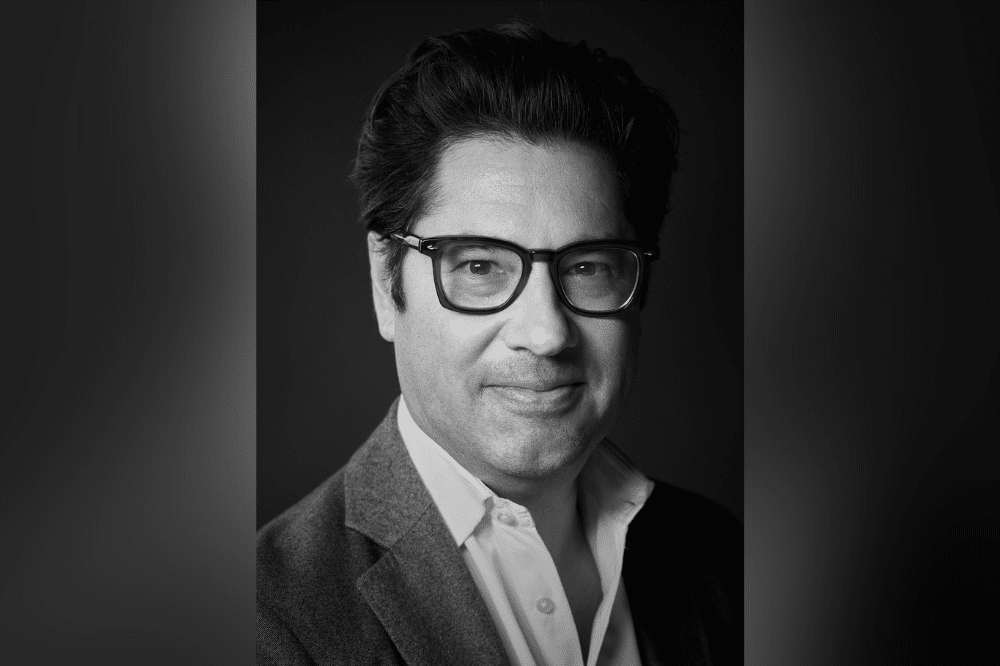Shifting from buying insurance to selling risk

As many countries continue to grapple with rising inflation and the ripple effects of geopolitical conflicts, property risk is in a state of flux, and risk managers should be proactive and adapt to the wide-ranging changes.
Hemant Shah (pictured above), CEO of commercial risk platform Archipelago and exited founder of risk modeling firm RMS, said that property owners should take a new approach to risk, especially with fast-rising insurance rates.
“Property owners have now experienced more than six years of double-digit average rate increases for their property insurance programs,” Shah said. “The costs of insurance are growing, while, at the same time, they are finding it harder to obtain the capacity and coverages they need. More frequent and severe natural catastrophes, most recently Hurricane Ian, continue to harden the market, and owners are increasingly aware that a changing climate is likely to persist these adverse trends for years to come. These forces are driving leading owners/buyers to re-evaluate their risk management and insurance strategies.”
Shah expects property owners to make more data-informed decisions to restructure and optimize their insurance programs, exploring more alternative methods of risk transfer. However, he also stressed the importance of robust data capabilities to arrive at the correct decisions.
“To take more proactive and innovative measures, owners and their risk management teams need to have the data necessary, at their fingertips, to take control and act on their own view of risk,” Shah said. “Better data enables better decisions and is necessary to do so.”
According to Shah, proactive property owners will drive a paradigm shift, transforming their strategies from “buying insurance” to “selling risk.”
“This is more than just semantics,” Shah said. “Those who buy insurance are price takers, they react to insurers quotes, and do their best on the margins to calibrate their spending, coverage, and terms in response to the markets’ view of their risk. Those who sell risk will be far more proactive. They will have their own data-driven views of risk, independent of market pricing. They will take control with more fundamental decisions about their insurance strategies, including how to structure their retentions, size their captives, access capacity, optimize their programs, and invest in their own resiliency. And, in response to market pricing and cycles, will make bolder and more deliberate decisions on whether to sell or trade all, some or any of their risk, including to alternative sources of capacity.”
He added that the paradigm shift will drive more holistic risk management strategies, with owners retaining more of their risks, accessing more capacity from the capital markets, and demanding more from their insurance partners. Aside from insurance coverage, clients will rely on insurers to provide insight and expertise to help them make better risk management decisions, including how to invest in their own resiliency and risk mitigation.
How have recent global developments affected your organization’s property risk? Let us know in the comments.





